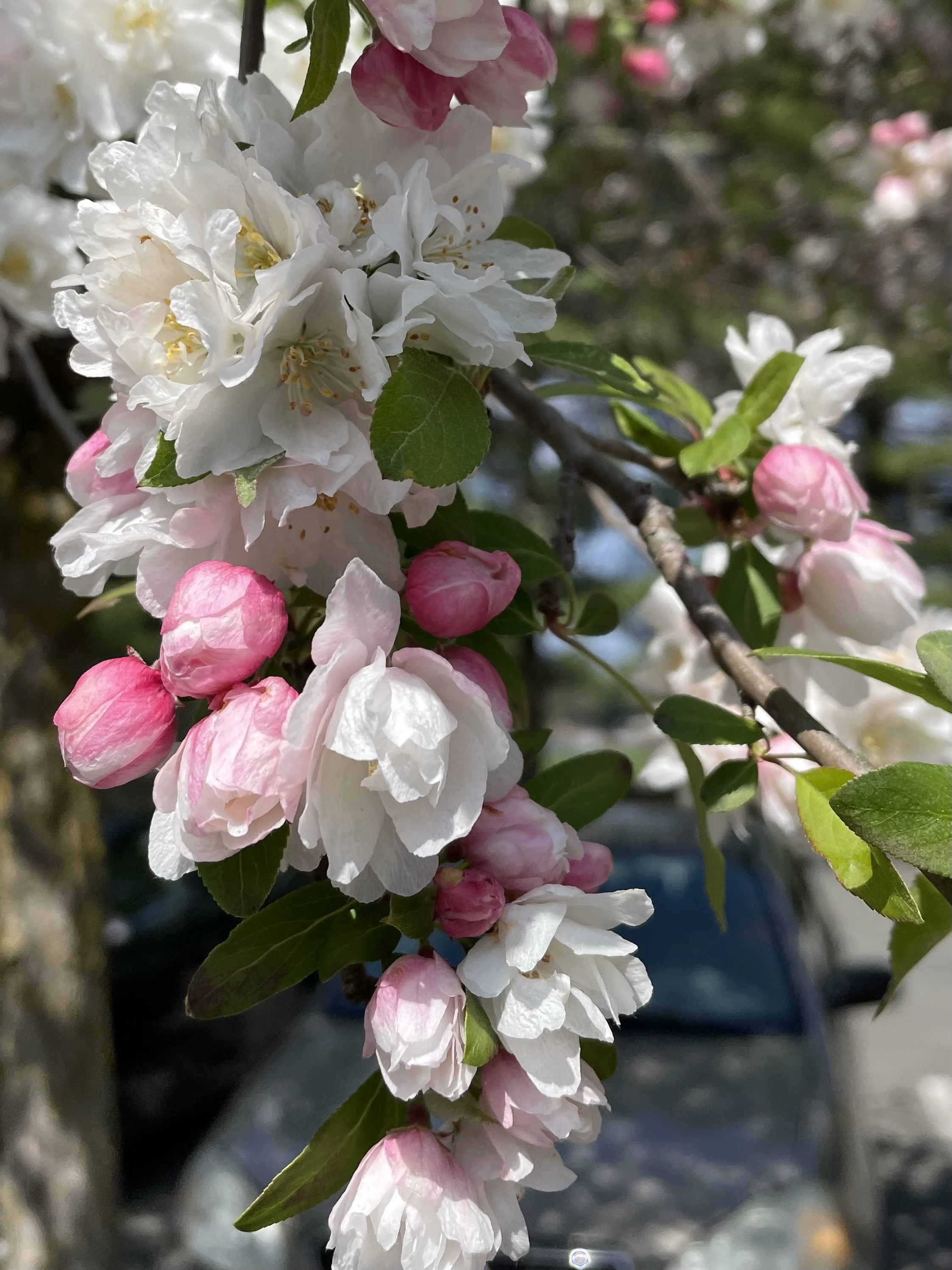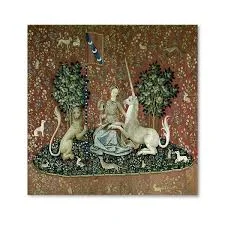What Silently Rises and Wheels Through the Night
Dear Friends,
We're continuing with the Rilke poem of last week:
"Written for Count Karl Lanckoronski"
For us, passion and spirit are both of the essence.
We are called to increase each by means of the other, livingly.
And some of us, in the tension between the two,
achieve something singularly pure.
Awake, skillful, they can read the signs;
their hand is light, their tools are steeled.
The slightest thing must not escape them:
they have to note that angle of deflection
by which the minute hand moves, all but imperceptibly,
and must, as it were, reply with their eyelids
to the light butterfly’s wing-beat,
and sense what the flower senses.
Like everyone, they can be destroyed;
and yet they must also (this is their special quality)
be a match for extreme power.
And where some might wail, whimpering and confused,
they have to tell the rhythm of the blows,
and in themselves experience the stone.
They have to stand there -- like the shepherd, who endures.
From far off, it may seem as if he’s mourning;
as you get closer, you feel how he’s keeping watch.
And just as for him the course of the stars is loud,
they have to feel that close, that familiar,
with what silently rises and wheels through the night.
In sleep itself they remain on watch:
Out of dreams and reality, out of sobs and laughter,
a unique sense forms… And if it overwhelms them,
and they fall to their knees before death and life,
then a new measuring stick is given to the world
in this right angle of their knees!
We'll work with several aspects of this today, and take as our meditative focus the phrase, "what silently rises and wheels through the night," feeling our way into just what that is. The word for "wheels" in German (wandelt) is really more like "changes," but I thought "wheels" captured the sense of it. I'm thinking of the stars, as mentioned two lines before in the poem, but even more of the huge life behind the phenomenon of the stars. These are Dante's stars as well as Rilke's, and they are ours, too.
wishing you joy in all you do,
Michael
„Geschrieben für Karl Graf Lanckoronski“
Nicht Geist, nicht Inbrunst wollen wir entbehren:
eins durch das andre lebend zu vermehren,
sind wir bestimmt; und manche sind erwählt,
in diesem Streit ein Reinstes zu erreichen,
wach und geübt, erkennen sie die Zeichen,
die Hand ist leicht, das Werkzeug ist gestählt.
Das Leiseste darf ihnen nicht entgehen,
sie müssen jenen Ausschlagswinkel sehen,
zu dem der Zeiger sich kaum merklich rührt,
und müssen gleichsam mit den Augenlidern
des leichten Falters Flügelschlag erwidern,
und müssen spüren, was die Blume spürt.
Zerstörbar sind sie wie die andern Wesen
und müssen doch (sie wären nicht erlesen!)
Gewaltigstem zugleich gewachsen sein.
Und wo die andern wirr und wimmernd klagen,
da müssen sie der Schläge Rhythmen sagen,
und in sich selbst erfahren sie den Stein.
Sie müssen dastehn wie der Hirt, der dauert;
von ferne kann es scheinen, daß er trauert,
im Näherkommen fühlt man wie er wacht.
Und wie für ihn der Gang der Sterne laut ist,
muß ihnen nah sein, wie es ihm vertraut ist,
was schweigend steigt und wandelt in der Nacht.
Im Schlafe selbst noch bleiben sie die Wächter:
aus Traum und Sein, aus Schluchzen und Gelächter
fügt sich ein Sinn … Und überwältigt sie's,
und stürzen sie ins Knien vor Tod und Leben,
so ist der Welt ein neues Maß gegeben
mit diesem rechten Winkel ihres Knie's!




